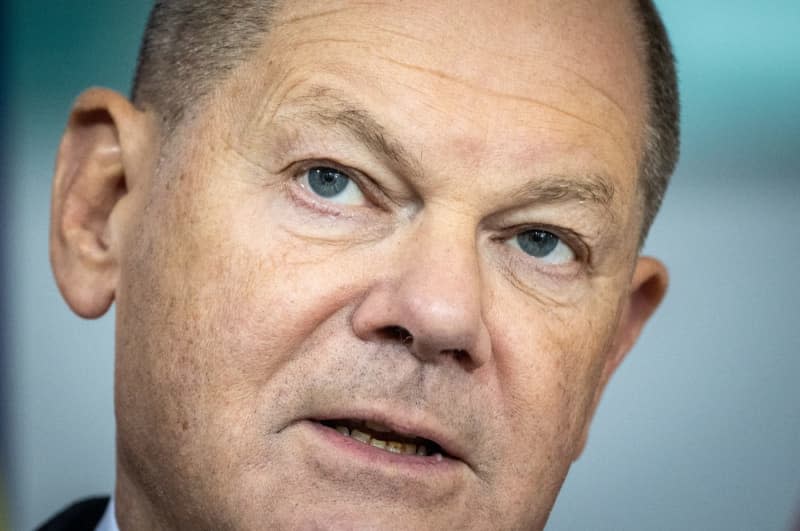Still no agreement in German government over power plant strategy

- Oops!Something went wrong.Please try again later.
- Oops!Something went wrong.Please try again later.
- Oops!Something went wrong.Please try again later.
The German government has not yet reached an agreement on a strategy for the construction of hydrogen-capable gas-fired power plants, dpa learned from sources in government on Wednesday.
On Tuesday evening, Chancellor Olaf Scholz, Vice-Chancellor Robert Habeck and Finance Minister Christian Lindner met for consultations.
Habeck had emphasized the need for a power plant strategy before the summit meeting, and expressed hope that a decision would be reached quickly.
The energy sector has long been waiting for a strategy for the construction of hydrogen-capable gas-fired power plants by 2030, intended to provide electricity generation during periods when there is little renewable solar and wind power.
However, energy companies have so far shied away from investing because the new power plants are not expected to be profitable.
Habeck has already spoken out in favour of state subsidies, which could run into the billions of dollars.
An incentive system that rewards operators for maintaining power plant capacities may also be possible, according to Habeck.
Funding subsidies may be a challenge, however, after Germany's Constitutional Court struck down coalition plans to use borrowed money to fund long-term climate and infrastructure projects, following a lawsuit by the conservative CDU/CSU opposition bloc.
The court decision plunged Scholz's government into a serious budget crisis and has scrambled ambitious investment plans.

